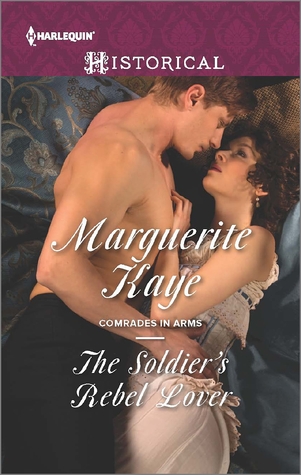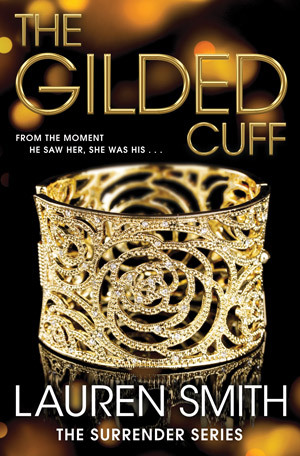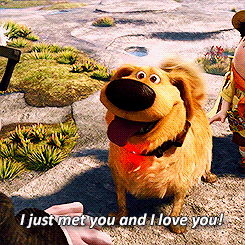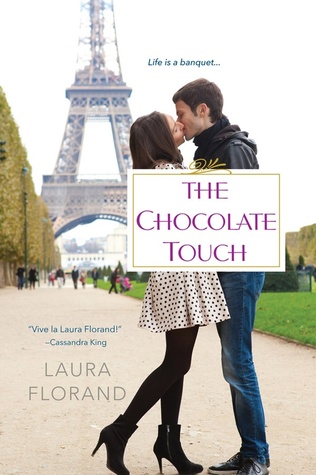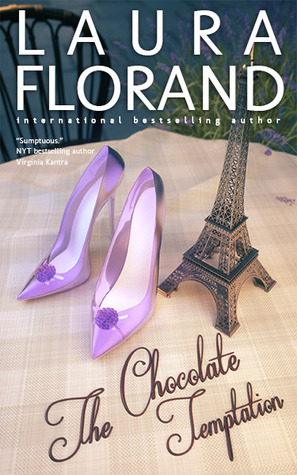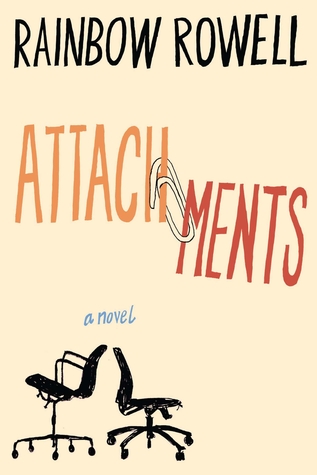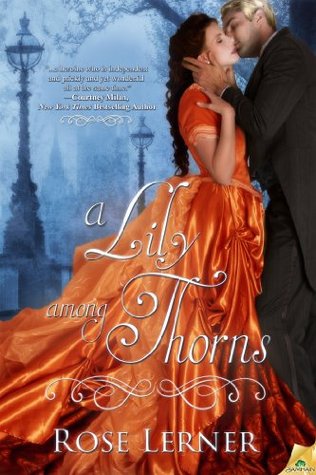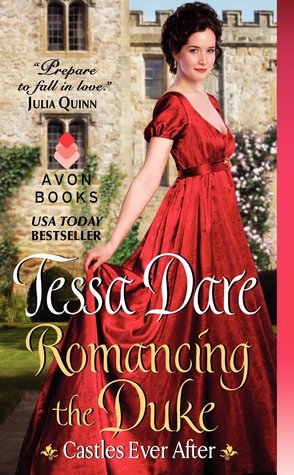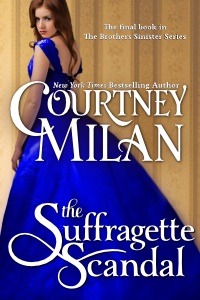It’s entirely possible that all of my posts going forward will be of the more meandering style that I associate with the made-up term musey thoughtsey… But for now, I’m going to pretend that meandering through thoughts is an aberration for me rather than the norm. (It isn’t. Sometimes I tangent so far in telling a story that I cannot find my way back to whatever the hell I was talking about. It’s much easier to achieve coherence in writing.)
I worry I might be inconsistent in my reading tastes. I think we all might be, come to think of it.
I mean, I want to believe that I’m a rational creature and that when I dislike a certain element or style of storytelling I have a good reason for doing so (but not in an absolute sense: just because I’m leery of prologues and epilogues and dislike flashbacks with the burning intensity of a thousand suns doesn’t mean I think I’m right to dislike these things and that people who like them are wrong. It’s just my taste.).
But people aren’t rational. And, as much as it pains me to admit it, I’m just as irrational as everyone else.
I’ll assume you’re burning with curiosity and give you a (partial) list of my reading pet peeves:
- I really hate multiple volumes of a single story. An overwhelming percentage of the time, I conclude that what story there is could have been contained in a single volume had an editor just been a little more persnickety about cutting out scenes that did not further the narrative.
- I hate flashbacks. I do not like them in books or in film (or in a box or with a fox). There’s something so irritating about not being able to establish a strong sense of a narrative in time. I mean, I can put up with them… Honestly, it would probably be impossible to function as a reader or watcher in this age if one refused to tolerate this time fluidity… but it’s irksome!
- I kinda hate prologues and epilogues. Like, just tell me the story… And if you can’t convince me by the end of the story that these characters have a good shot at happiness, a baby epilogue isn’t going to do the trick.
My list is really a lot longer. I could go on and on and on about all the things I don’t like, but… I’ll leave it there for now. Besides! I have been known to like books that split a single story into multiple volumes. ( And just yesterday — and today — I was full of GAH and glee over a pair of books that are riddled with flashbacks and saddled with prologues. But last month I came real close to DNFing a book because of all the flashbacks.)
Never fall for your best friend…
Pushing thirty, with his reenlistment looming, decorated navy sniper Maddox Horvat is taking a long look at what he really wants in life. And what he wants is Ben Tovey. It isn’t smart, falling for his best friend and fellow SEAL, but ten years with Ben has forged a bond so intimate Maddox can’t ignore it. He needs Ben by his side forever—heart and soul.
Ben admits he likes what he’s seen—his friend’s full lower lip and the perfect muscles of his ass have proved distracting more than once. But Ben’s still reeling from a relationship gone to hell, and he’s not about to screw up his friendship with Maddox, too.
Until their next mission throws Ben and Maddox closer together than ever before, with only each other to depend on.
Now, in the lonely, desperate hours awaiting rescue, the real challenge—confronting themselves, their future and their desires—begins. Man to man, friend to friend, lover to lover.
Single title in a series doesn’t necessarily mean that the book can be read as a standalone with no consequences. Characters are often introduced in earlier books in the series, and sometimes subsequent books will assume that the reader has knowledge about a character or event. I know this. I do. And I usually try not to jump into the middle of a series. But… I like the friends-to-lovers trope, and I’d read a fabulous book by this author a few weeks before I saw this title on NetGalley, and… yeah.
I want to be clear — I’m glad I kept reading On Point, because the second half was really good; sweet, a little angsty, and complicated. But the first half was super annoying, because there were so many damn flashbacks!
The story begins several months into an escalation of sexual tension between the two characters, so it feels like it’s starting, all tightly wound, in the middle and then unwinding in both directions. The result is definitely too chaotic for my taste. With very little warning, I’d be taken from a tense mission-gone-awry in Indonesia to the start of the characters’ friendship, back to Indonesia, then off to a point 3 or 4 months before Indonesia, then back again. It’s bad enough that it was super confusing just trying to establish what was the present tense of the story; the worst thing about it was how hard it was to get an emotional bead on the story. It’s very hard to care about two characters when you can’t find the emotional thread of their story through all the jerking around.
But about halfway through, the flashbacks finally stopped, and I started to feel emotionally invested. I’m very glad I read it, and I immediately recommended it to my reading buddy because it’s totally her jam. (But, of course, I warned her about the stupid flashbacks.)
A few weeks later, I read a fantastic anthology and realized that I have been seriously missing out on an incredible author. (The good news is that I now have a bunch of books to read, but… honestly, where have I been? How did I miss these books? What other amazing books am I missing out on?) Anyway, at the recommendation of several folks on Twitter, I picked this one up first. Holy crackers, it’s good.
Their marriage lasted only slightly longer than the honeymoon—to no one’s surprise, not even Bryony Asquith’s. A man as talented, handsome, and sought after by society as Leo Marsden couldn’t possibly want to spend his entire life with a woman who rebelled against propriety by becoming a doctor. Why, then, three years after their annulment and half a world away, does he track her down at her clinic in the remotest corner of India?
Leo has no reason to think Bryony could ever forgive him for the way he treated her, but he won’t rest until he’s delivered an urgent message from her sister—and fulfilled his duty by escorting her safely back to England. But as they risk their lives for each other on the journey home, will the biggest danger be the treacherous war around them—or their rekindling passion?
Not Quite a Husband is one of the best books I’ve read this year (probably one of the best historical romance novels I have ever read…I’d have to spend a lot more time than I’m willing to spend to actually come up with my top 10, but I’m pretty sure it would make the cut.)
The thing is, it’s riddled with flashbacks. They aren’t quite as abrupt as the ones in On Point, possibly because the typography and/or inclusion of dates makes it a lot more clear whether you’re reading a flashback or the present time, but they’re everywhere. And I kept expecting to get annoyed, to feel as pissed as I usually do when I’m whipping around in time… but I just didn’t.
This book felt like an unfolding, like we meet these characters, and they’re so tightly wound with their memories of the past, with the things they know that the other doesn’t, with their assumptions about each other (and themselves), and the reader gets to see snippets of the reasons they’re so tightly wound while we watch them unfurl. It’s magical how well it works, and I can only wonder at the amount of work it took on Thomas’s part to make the experience so seamless, so smooth. If you haven’t read this book (and you’re game for second chance stories, complicated characters, and a book that evokes both Austen and Forster) you need to get on it.
But I don’t know… could it be that I’m just inconsistent? Maybe a flashback in a historical romance novel seems less distracting than a flashback in a contemporary? The truth is that I don’t know precisely why the one story seemed chaotic while the other seemed purposeful.
Have any of you had this experience, where you thought you hated a thing, and then you realize that you only sometimes hate the thing? (Or you definitely hate the thing, but there’s always an exception?) I’m kind of wondering why I’ve bothered to curate such an extensive list of the things I don’t like if it turns out that I just haven’t found the exceptions yet.



 rambled on in my email about the impact of my home climate — drought-riddled chaparral — on my ability to sojourn in green lands. I spent a week in Ohio over the summer and found it claustrophobic: so much green growth reaching up to the sky and clouds reaching down, enclosing all around.
rambled on in my email about the impact of my home climate — drought-riddled chaparral — on my ability to sojourn in green lands. I spent a week in Ohio over the summer and found it claustrophobic: so much green growth reaching up to the sky and clouds reaching down, enclosing all around.